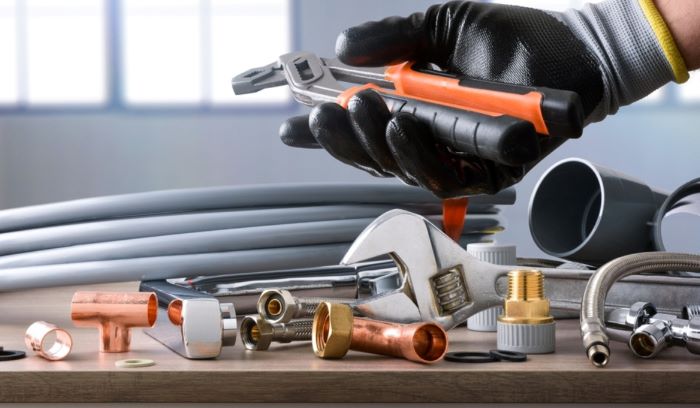In the intricate process of house construction, plumbing and electrical systems play indispensable roles, providing essential utilities and functionality to modern living spaces. From delivering clean water and disposing of wastewater to powering lighting, appliances, and electronics, these systems form the backbone of residential infrastructure. Whether you’re working with an esteemed house construction company or considering house construction costs in Bangalore, understanding the significance of plumbing and electrical systems is crucial for ensuring the safety, comfort, and functionality of your home. Let’s delve into the essential roles of plumbing and electrical systems in house construction and how they contribute to creating habitable, efficient living environments.
- Plumbing Systems:
Plumbing systems are responsible for supplying clean water for drinking, cooking, bathing, and sanitation purposes, as well as safely disposing of wastewater and sewage from the home. Key components of a plumbing system include pipes, fixtures, valves, pumps, and water heaters, all interconnected to facilitate the flow and distribution of water throughout the property. In Bangalore, where access to clean water is essential, designing and installing efficient plumbing systems is paramount for ensuring the health and well-being of residents.
- Water Supply:
The water supply system delivers potable water from municipal sources or private wells to various points of use within the home, including sinks, showers, toilets, and appliances. During house construction, careful consideration must be given to the layout, sizing, and materials of water supply pipes to ensure adequate water pressure, flow rate, and quality throughout the property. Collaborating with a house construction company with expertise in plumbing design and installation is crucial for optimising water supply systems to meet the specific needs and preferences of homeowners.
- Drainage and Sewage:
The drainage and sewage system is responsible for safely removing wastewater and sewage from the home and transporting it to municipal treatment facilities or onsite septic systems. This system includes drain pipes, sewer lines, traps, vents, and septic tanks, all designed to prevent backups, odours, and contamination within the home. Properly sizing and venting drainage systems, as well as adhering to local building codes and regulations, are essential considerations during house construction to ensure the efficient and sanitary disposal of wastewater.
- Electrical Systems:
Electrical systems provide power for lighting, heating, cooling, appliances, electronics, and other electrical devices within the home. These systems consist of electrical wiring, outlets, switches, circuit breakers, panels, and grounding components, all interconnected to safely distribute electricity throughout the property. In Bangalore, where reliable electricity is essential for daily living, designing and installing robust electrical systems is critical for ensuring the comfort, convenience, and safety of residents.
- Power Distribution:
The power distribution system delivers electricity from the utility grid or onsite generators to individual circuits and outlets within the home. During house construction, careful planning and layout of electrical wiring and circuits are essential to accommodate the power demands of modern appliances and electronics while minimising voltage drops and overload risks. Working with a knowledgeable house construction company ensures compliance with electrical codes and standards, as well as optimal placement and sizing of electrical components to meet the specific needs and preferences of homeowners.
- Safety and Code Compliance:
Ensuring the safety and code compliance of plumbing and electrical systems is paramount during house construction to protect occupants and property from hazards such as leaks, fires, and electrical shocks. Collaborating with experienced professionals and adhering to industry best practices and local building codes are essential for designing, installing, and inspecting plumbing and electrical systems to meet safety standards and regulations. By prioritising safety and code compliance, homeowners can enjoy peace of mind knowing that their plumbing and electrical systems are reliable, efficient, and safe for years to come.
In conclusion, plumbing and electrical systems are indispensable components of house construction, providing essential utilities and functionality to modern living spaces. Whether you’re working with a house construction company or considering house construction costs in Bangalore, understanding the roles and requirements of plumbing and electrical systems is essential for ensuring the safety, comfort, and functionality of your home. By prioritising efficient design, quality materials, and professional installation, homeowners can create habitable, efficient living environments that meet their specific needs and preferences for years to come.

